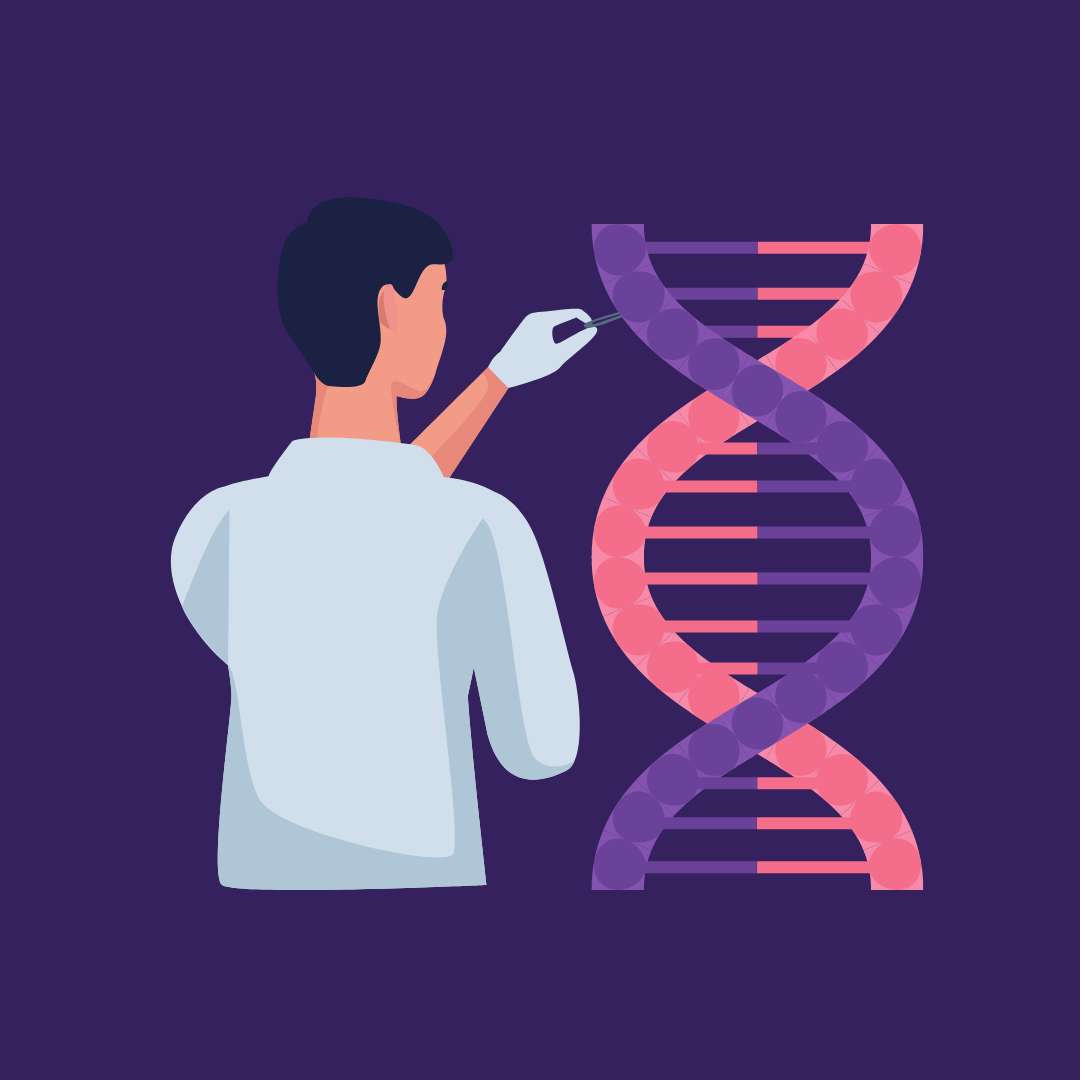Gene editor may have cured infant of a deadly metabolic disorder
By Jocelyn Kaiser,
Science
| 01. 14. 2025
A little-known gene editor, tested with help from a disgraced gene therapist seeking redemption, may have cured a 1-year-old boy of a deadly metabolic disorder. Announced last week by a company developing the therapy, the result could be the first success at stitching a curative gene into a “safe harbor,” a specific chromosomal location where its integration is unlikely to disrupt existing DNA in a way that triggers cancer or other problems. Because the gene should now be integrated in the baby’s genome, in this case within cells of the boy’s liver, it should persist as the organ—and person—grows.
The gene editor, dubbed ARCUS, is a DNA-cutting enzyme known as a nuclease, It is in some ways simpler and potentially better than the more famous CRISPR platform and could also help treat other genetic metabolic disorders. The company, iECURE, will not present data for the treated infant until March. But the apparent success of the safe harbor approach with the editor in the very first patient who received it is especially significant for iECURE co-founder James Wilson, who helped develop...
Related Articles
By Diaa Hadid and Shweta Desai, NPR | 01.29.2026
MUMBRA, India — The afternoon sun shines on the woman in a commuter-town café, highlighting her almond-shaped eyes and pale skin, a look often sought after by couples who need an egg to have a baby.
"I have good eggs,"...
By George Janes, BioNews | 01.12.2026
A heart attack patient has become the first person to be treated in a clinical trial of an experimental gene therapy, which aims to strengthen blood vessels after coronary bypass surgery.
Coronary artery bypass surgery is performed to treat...
By Staff, ScienceDaily | 01.05.2026
Scientists at UNSW Sydney have developed a new form of CRISPR technology that could make gene therapy safer while also resolving a decades-long debate about how genes are switched off. The research shows that small chemical markers attached to DNA
...
Following a long-standing CGS tradition, we present a selection of our favorite Biopolitical Times posts of the past year.
In 2025, we published up to four posts every month, written by 12 authors (staff, consultants and allies), some in collaboration and one simply credited to CGS.
These titles are presented in chronological order, except for three In Memoriam notices, which follow. Many more posts that are worth your time can be found in the archive. Scroll down and “VIEW...




